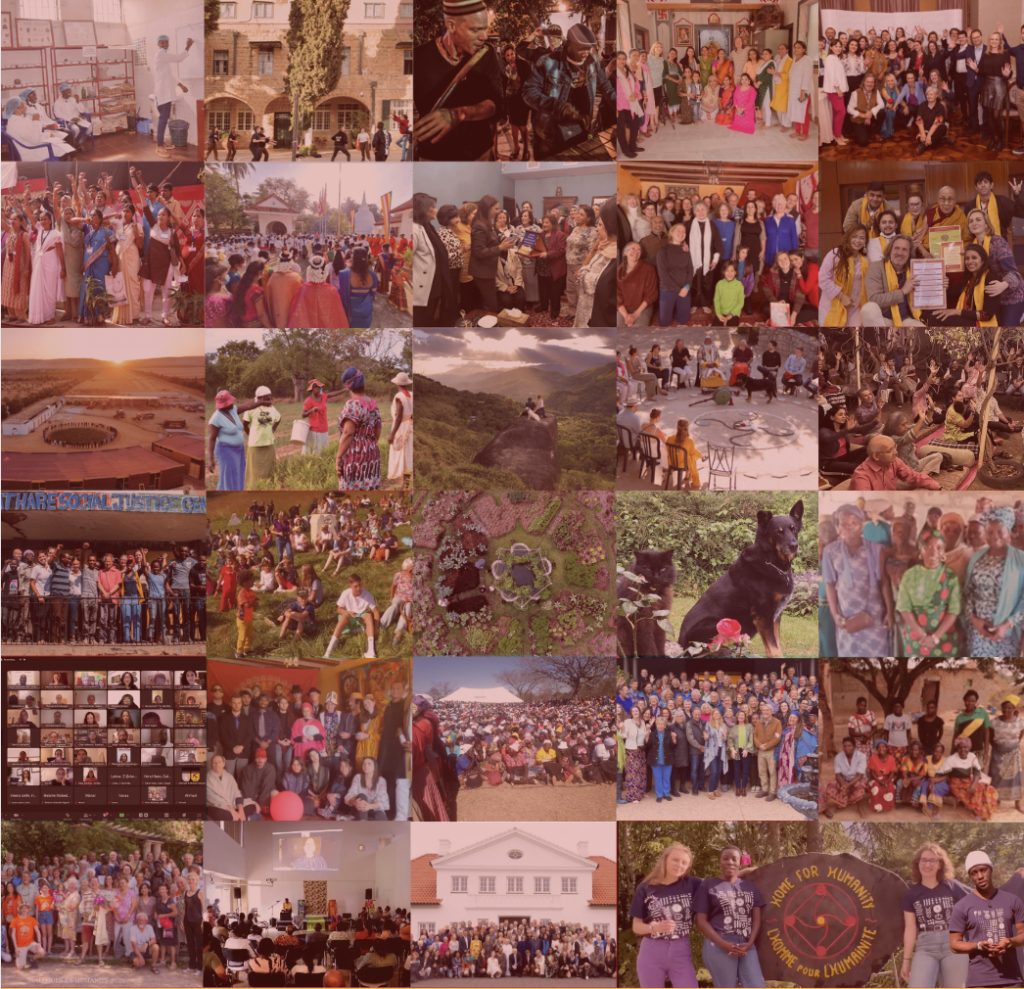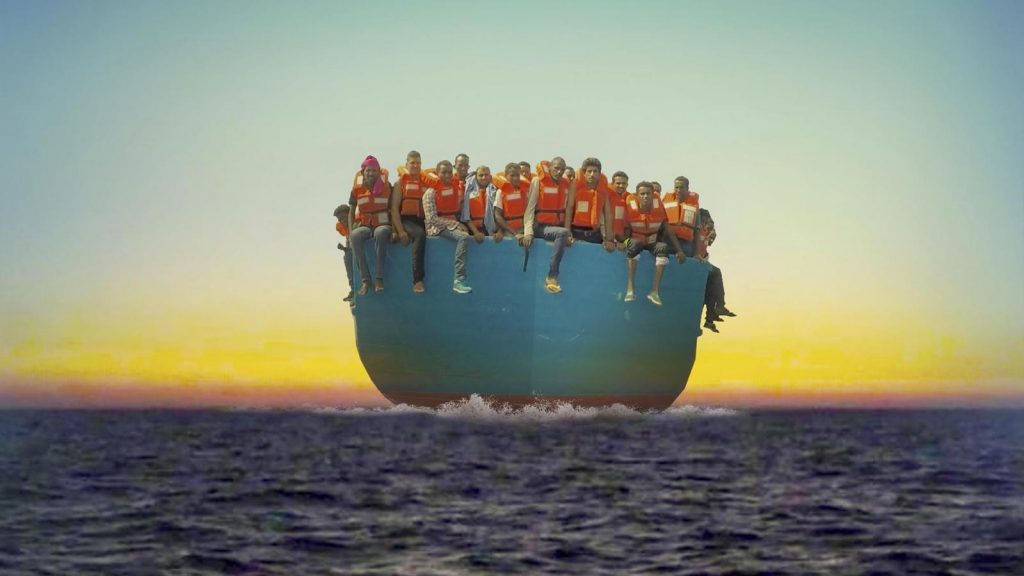Globalism-Nationalism, the New Left-Right
The Information Revolution is shifting the axis of our contemporary political system. While the old Left-Right divide will remain for the foreseeable future, a new schism is arising to form the crux of our political beliefs—the Globalism-Nationalism divide.
Nationalism, at its core, is the belief that humanity is best organized into separate nation-states. The state should exist for, and revolve around, the nation and its ethnic or cultural groups. Globalism, its counterpart, describes a policy for the global integration of economic, political, social, and cultural practices, to varying degrees.
The terms globalism and globalization are not interchangeable. Globalization refers to multidimensional processes that impact economic, environmental, and political phenomena. Globalism, has older roots and is an ideological commitment to positive outcomes for these inevitable processes and their implications for humanity. Globalists tend to believe that the well-being of all humans is just as important as that of their fellow nationals. And while globalism currently is threatened by nationalism, its influence is growing. As of 2015, roughly ten percent of humanity identified with globalist values and beliefs. While that may seem small, politically it’s a significant faction [2].
But, globalism—the young philosophy that manifested after the World Wars of the 20th Century—is facing nationalistic backlash. The term ‘globalist’ itself is used pejoratively by some nationalists. It’s twisted to represent only those members of a global wealthy elite class who seek to dominate the world through immigration and free trade, and weaken the nation-state and national identities. Multinational corporations abuse the hodgepodge of different national policies to create loopholes and avoid taxes and regulations. The pressure to keep and attract multinational companies creates a “race to the bottom” as countries attempt to outdo each other with lower taxes, fewer regulations, more subsidies, and special deals. This lowers government revenues and raises corporate profits.
The recently exposed “Panama Papers” [3] shows how this “race to the bottom” turns countries like Panama into tax havens that enable rich individuals and corporations to avoid tens of millions of dollars’ worth of taxes. National-level policies seem ineffective at preventing tax evasion in today’s world, just like policies at the state level were ineffective at regulating and facilitating interstate trade while the U.S. was governed under the Articles of Confederation.
The nature of our contemporary economy is global, yet the political institutions of liberal democracies have failed to evolve and adapt. Previously effective national economic policies now fail as nations struggle to achieve full employment and wage growth. Global issues require global solutions. Just as it took the Chinese uniting into their first dynasty to regulate the mighty Yangtze River, it will take humanity uniting to regulate today’s mighty river of international commerce. One can attempt to fight its current, but such actions are a self-defeating endeavor.
Nationalism is not merely an economically self-defeating ideology; it also undermines the very essence of liberal democracy. Being inherently exclusionary, nationalism discriminates by determining who to care about based on where someone was born or lives, or to whom they were born. Those that share the traits with one’s national group are preferred over others. They are viewed as equal and, thus, worthy of aid and empathy. Nationalism contends that morality ends at the border; anything beyond is optional. If a disaster occurs within a nation-state, the government and citizens are morally obligated to respond. But outside of that nation-state, responding to a crisis is optional and often condemned as a waste of resources that could be “better” spent at “home.”
To counter accusations of bigotry and favoritism, nationalists may argue that it is “natural” to prefer one’s own “kind” over others—just as one puts the needs of their family first. It is seen as both moral and practical. Nationalists support policies, in the name of national sovereignty, that put their nation and interest groups above the interests of others.
However, nationalists fail to appreciate that politics, especially human rights, is not the proper sphere for biases toward one’s own “kind.” Such a system is fundamentally incompatible with the beliefs and values that underpin liberal democracy—that all laws should apply equally and universally. Nationalism is an unsustainable principle that leads to conflict, limited opportunities, and inefficiency as governments become paralyzed by fear and ethnic groups fight among each other over whose land is whose and who counts as “the people.”
Who qualifies for that status is often controversial. Is it the majority? And who is considered the “majority?” Almost anyone can find a majority that agrees with them if they select who counts as a “person.” And, in that regard, national sovereignty is like gerrymandering. It presents the illusion of a majority where there, in fact, is none, but instead a majority of a specific group of people with which the people claiming said sovereignty identifies.
We are at a crossroads in human history—our economic, social, and cultural lives are becoming increasingly globalised. Yet, from economics to human rights to climate change, nationalism fails to provide solutions that are large enough in scope and measure. And it simultaneously creates an environment where human rights abuses are tolerated as a sovereign right.
We must advocate for a system of global governance that maximizes the benefits of globalization while minimizing its imperfections. Together, we must embark on a shared vision of hope and progress toward an open world where opportunity is not limited by arbitrary and uncontrollable factors such as race, religion, ethnicity, and gender. A world where people are not confined to living among their “own kind.” An open, equal world where human rights are required, not optional. If we are to succeed, we need a vision of the future that is worth yearning for, fighting for, voting for, and that inspires the beliefs and passions of those around us. People will not vote for the mediocre. We need a grand vision of the future, a message to take with us to every household and person and say that this is worth fighting for. To achieve that vision, we must look beyond our borders.
References
1. Merriam-Webster Unabridged, available at www.merriam-webster.com/.
2. https://youtu.be/lfrG2bidW5g
3. http://www.icij.org/investigations/panama-papers/explore-panama-papers-key-figures/







Jordan, I think your ideas about globalization are wonderful but is there any remaining usefulness for the terms “Left” and “Right”?
These words seem to have been twisted beyond recognition. Perhaps we all have “nationalist” and “globalist” tendencies within ourselves. These seem to correlate quite strongly with “conscientiousness” and “openness to experience,” the terms most often correlated with, respectively, “conservative” and “liberal.”
Thus, each human being has patriotic, conscientious, conservative tendencies (I’m using all these terms in a purely neutral sense, hence the substitution of “patriotic’ for “nationalist”), just as each has planetary (again, substituting that for “globalist” which has lingering anti-semitic tones), open-to-experience, liberal tendencies.
Thus, we are truly One. Some groups may tend more toward one or another; just as some issues may tend to call forth proponents of one tendency or another, but we all contain within ourselves all these possibilities.
If we see this, then we can have a much more fluid dialog about which tendencies are more appropriate for which particular person, issue, place, moment, etc.